research news

Can Self-Driving Cars Navigate Roundabouts?
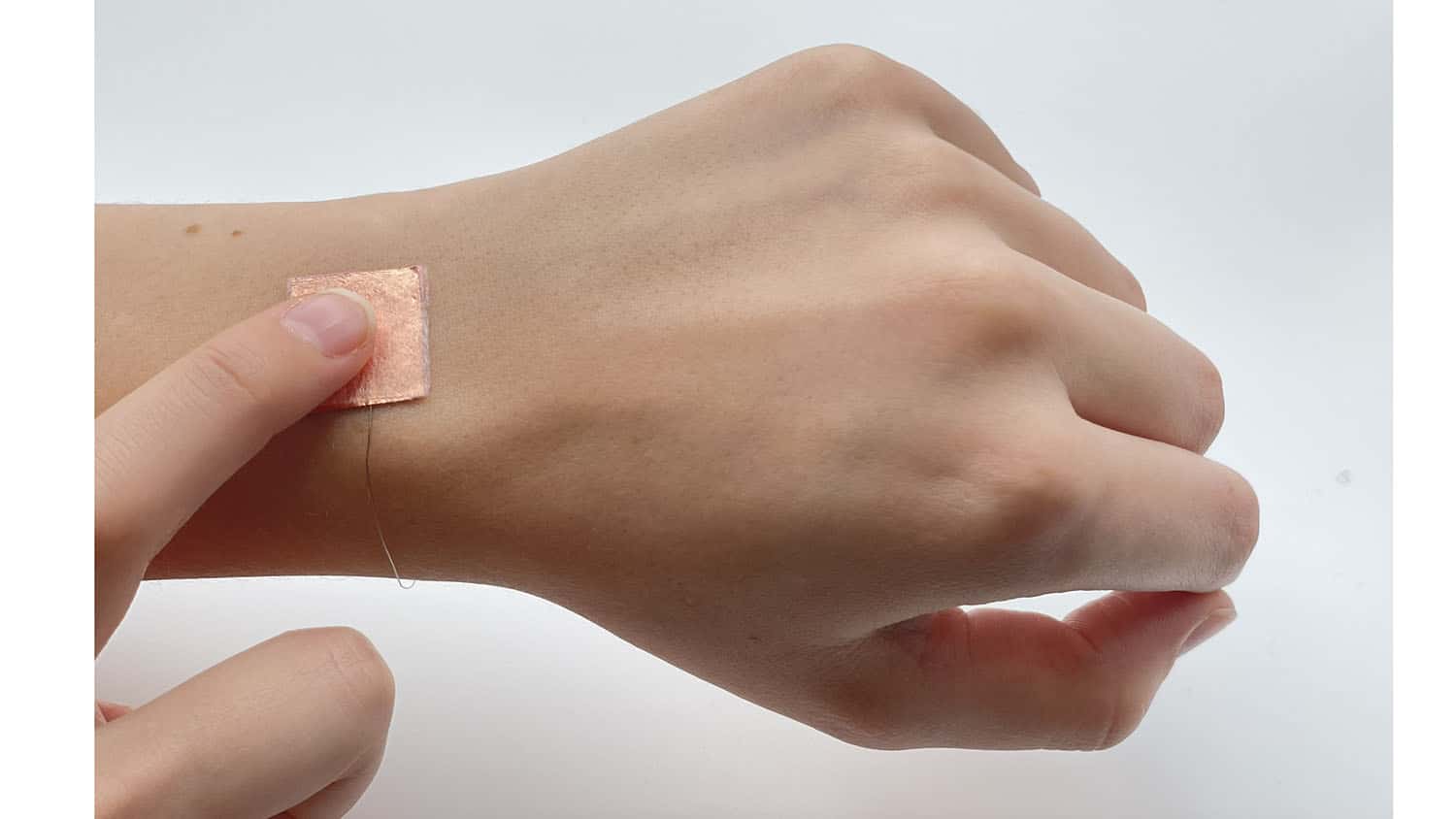
Researchers Make Comfortable Materials That Generate Power When Worn
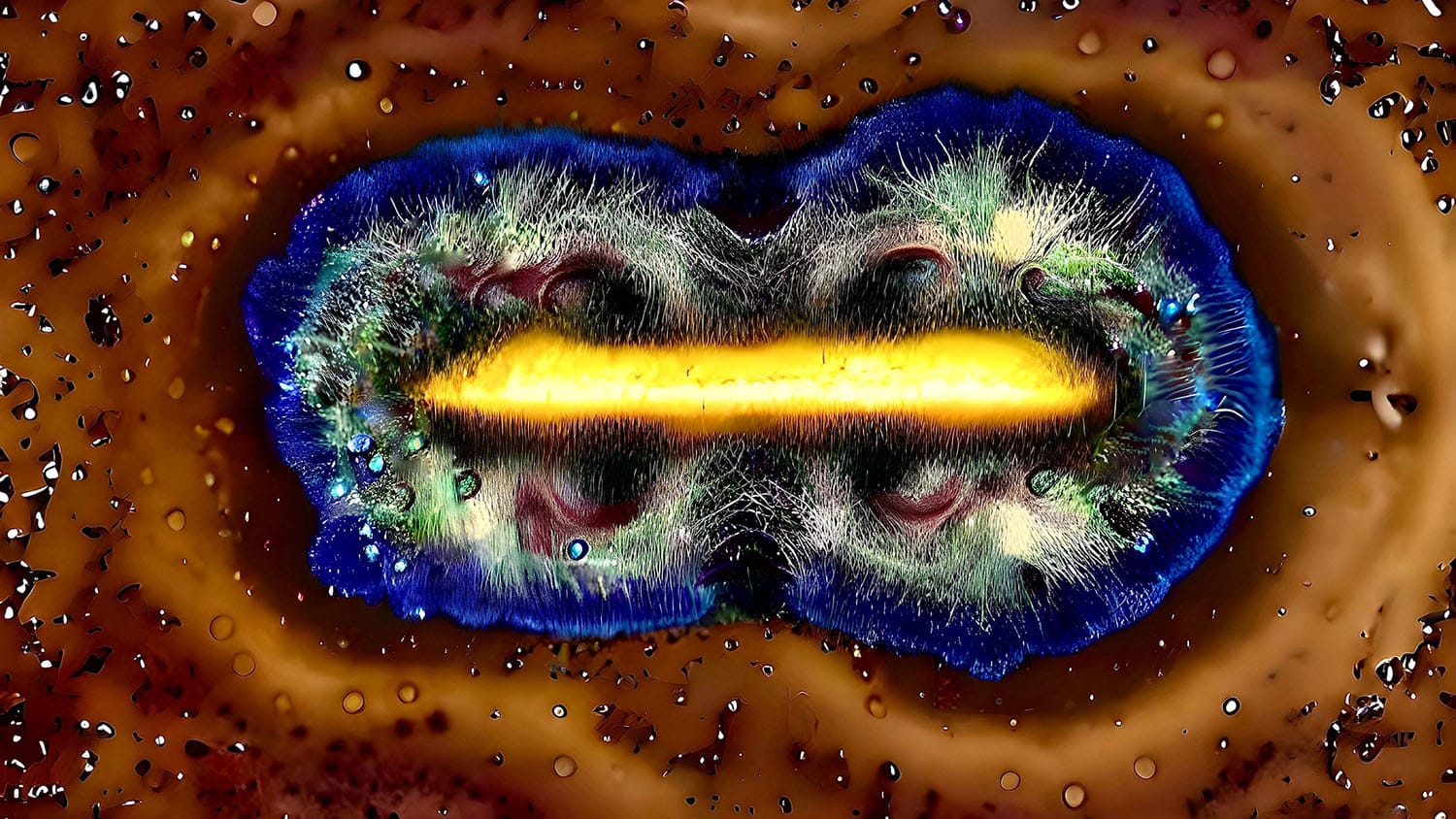
Share Your Research Photos and Images With Us!

New Method Forecasts Computation, Energy Costs for Sustainable AI Models
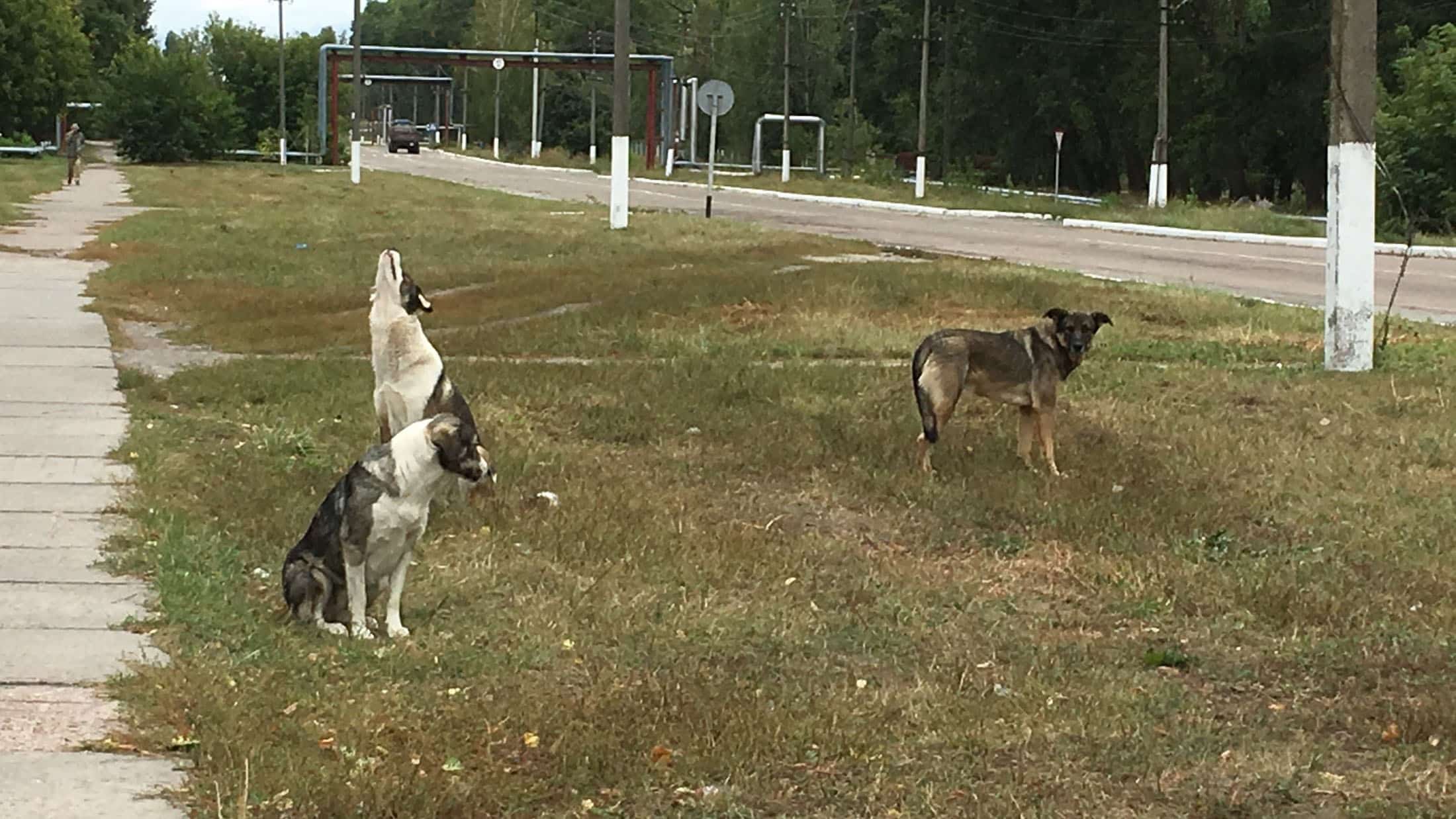
Chornobyl Dogs’ Genetic Differences Not Due to Mutation
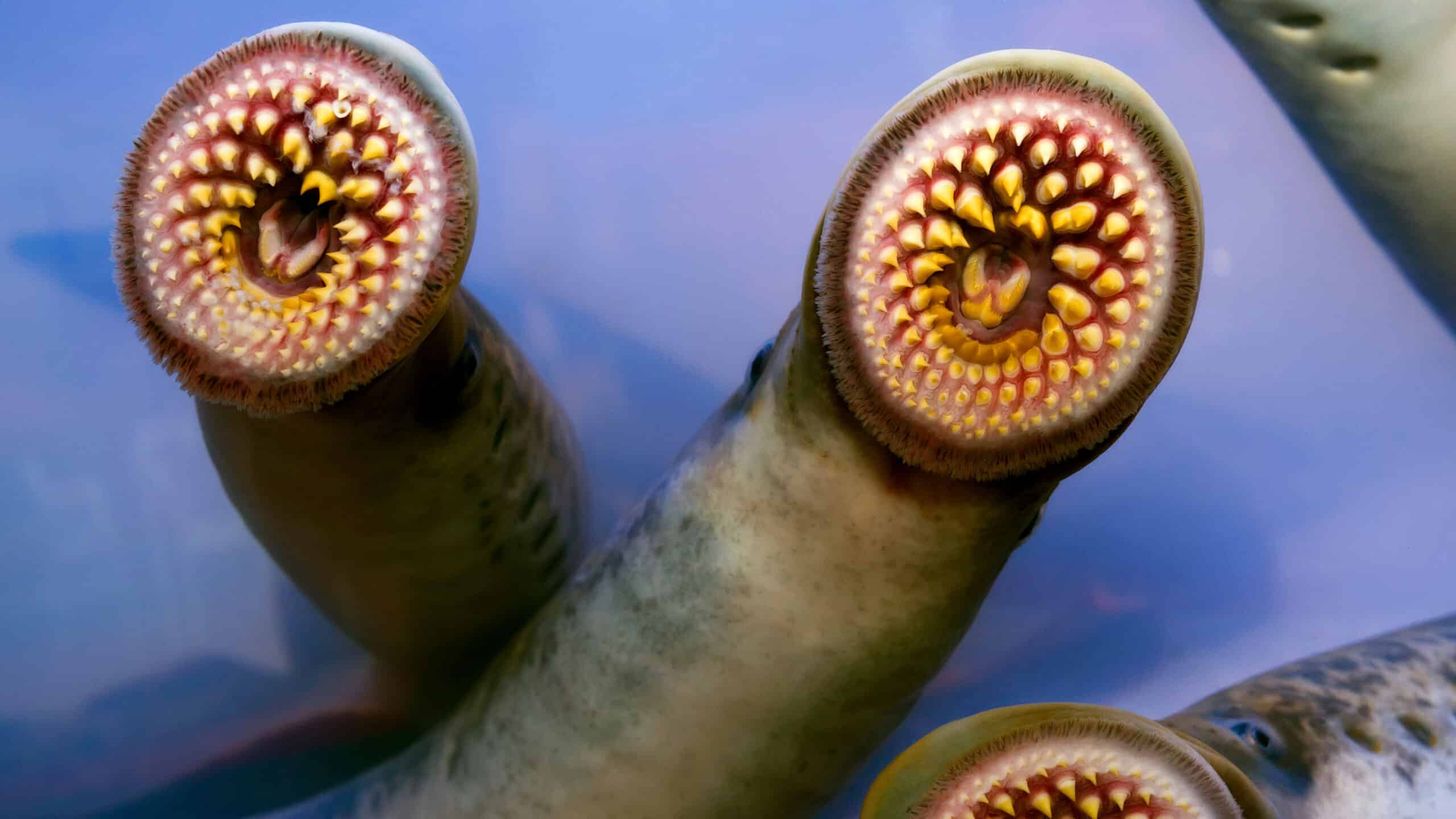
Scorching Climate Drove Lampreys Apart During Cretaceous Period
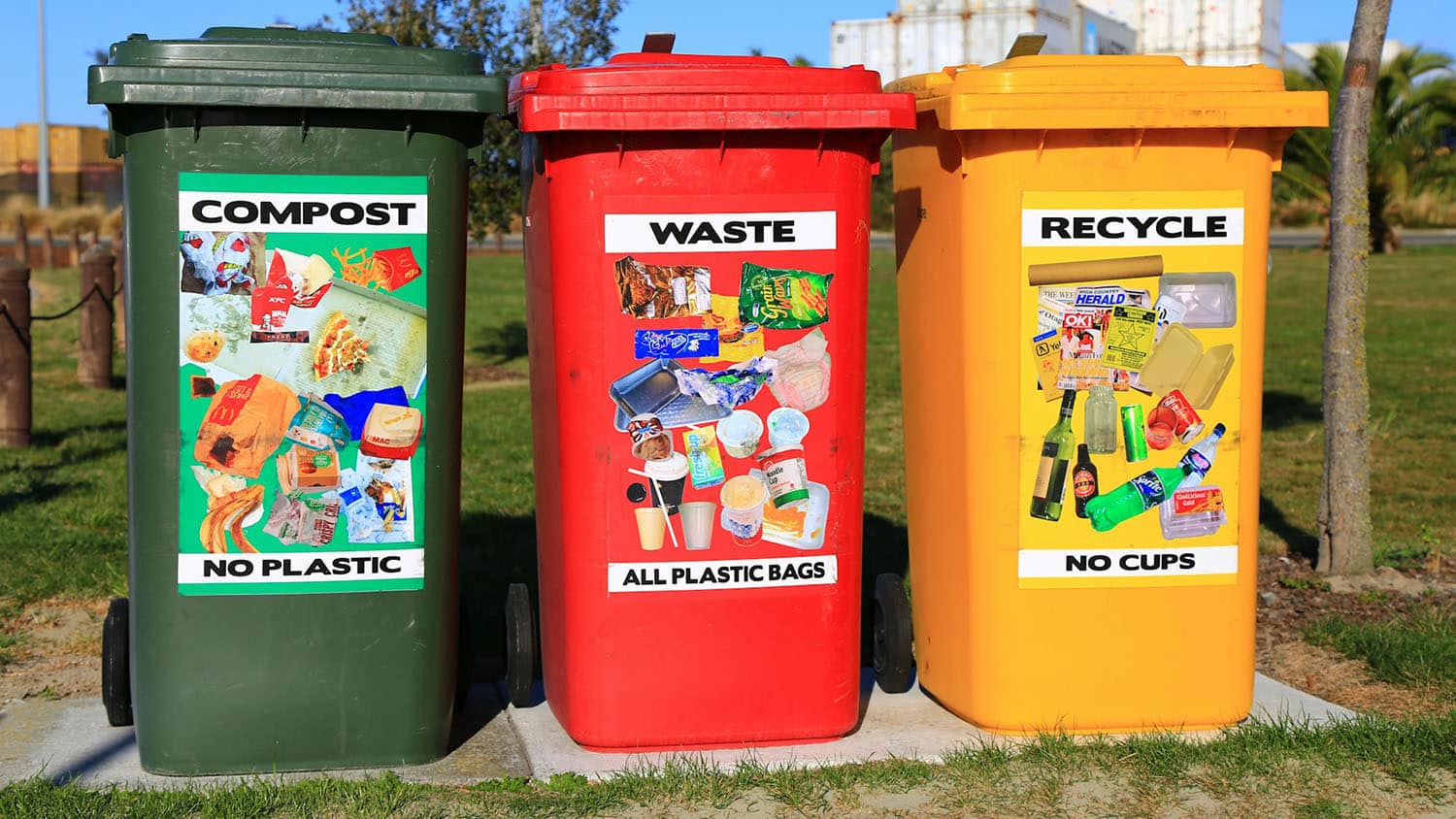
New Research Improves Predictions for Solid Waste Management

Researchers Demonstrate New Technique for Stealing AI Models
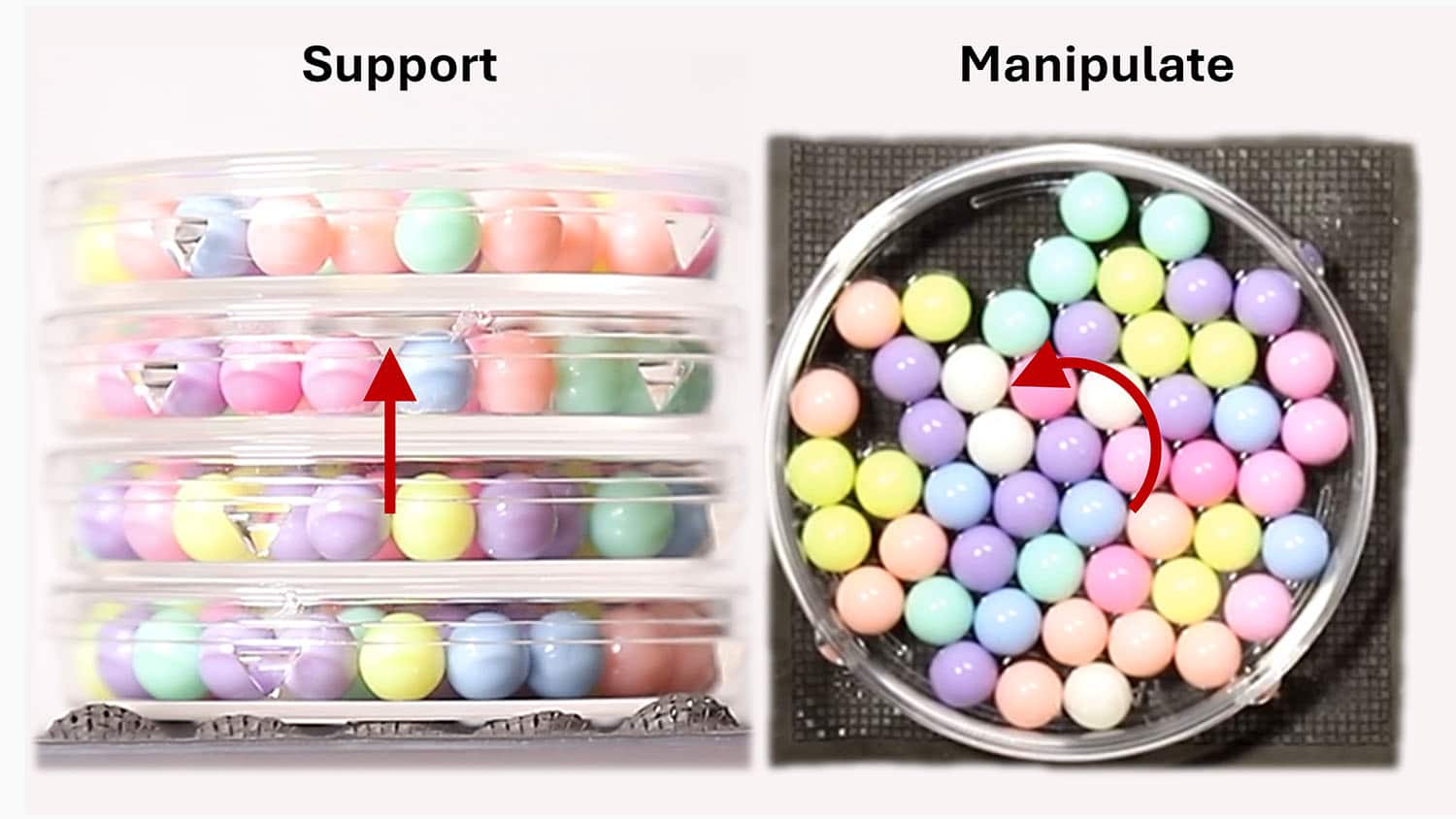
Magnetically Controlled Kirigami Surfaces Move Objects: No Grasping Needed
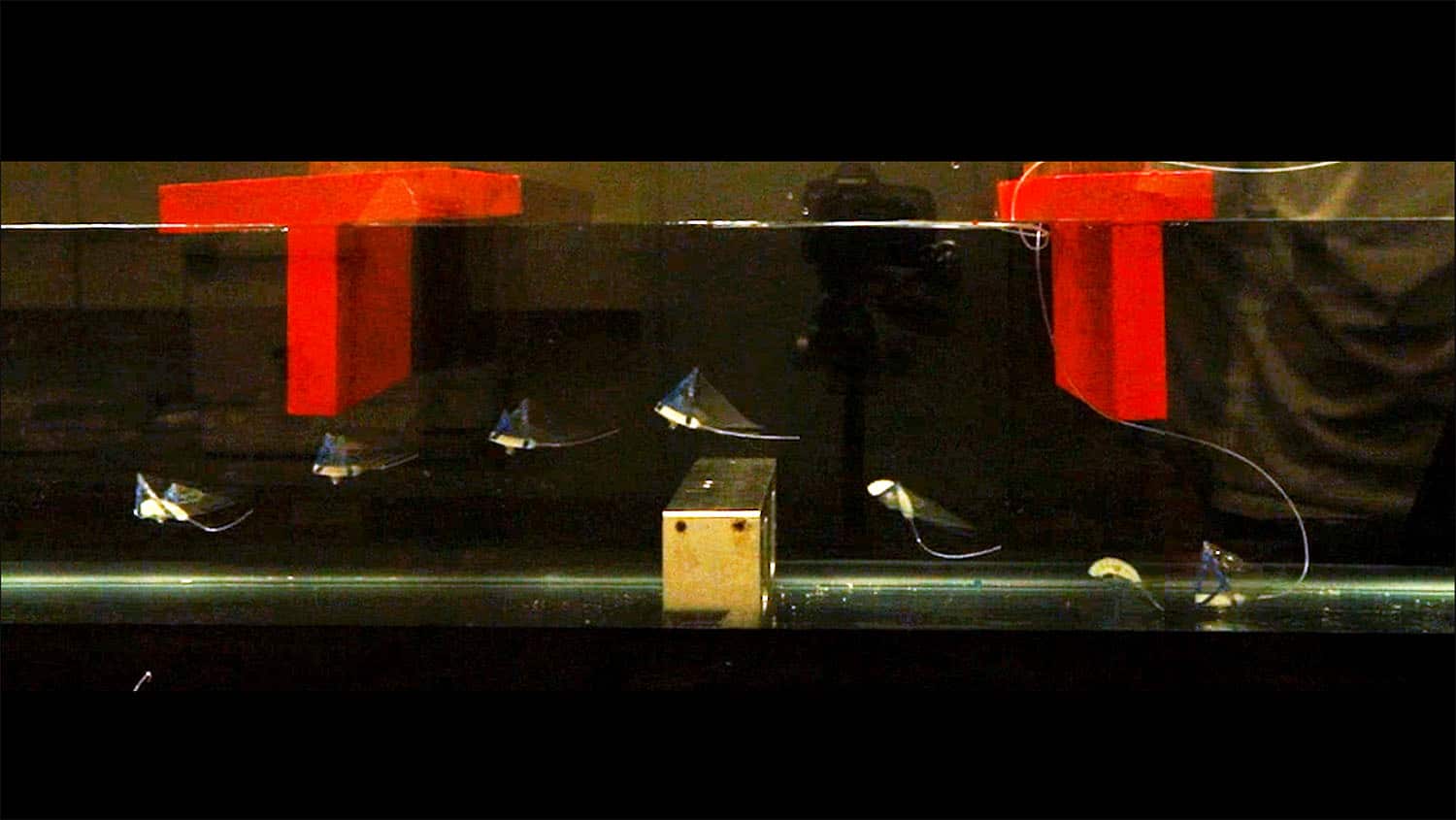
Manta Rays Inspire the Fastest Swimming Soft Robot Yet
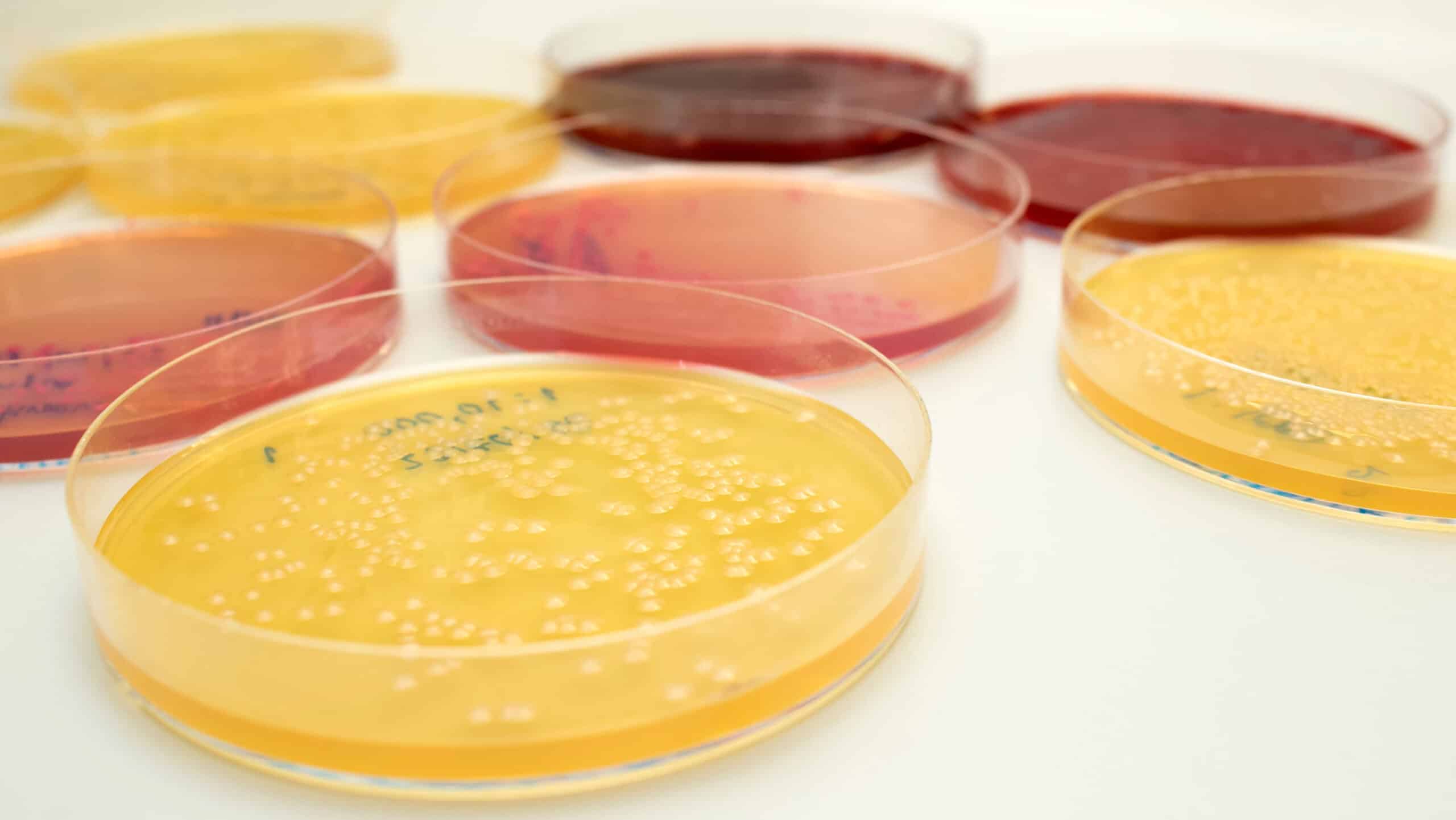
Enterococcus Helps E. Coli ‘Armor Up’ in Dog, Poultry Co-Infections

From HR to Work/Life Balance – How Working Life Has (and Hasn’t) Changed Since Ancient Rome
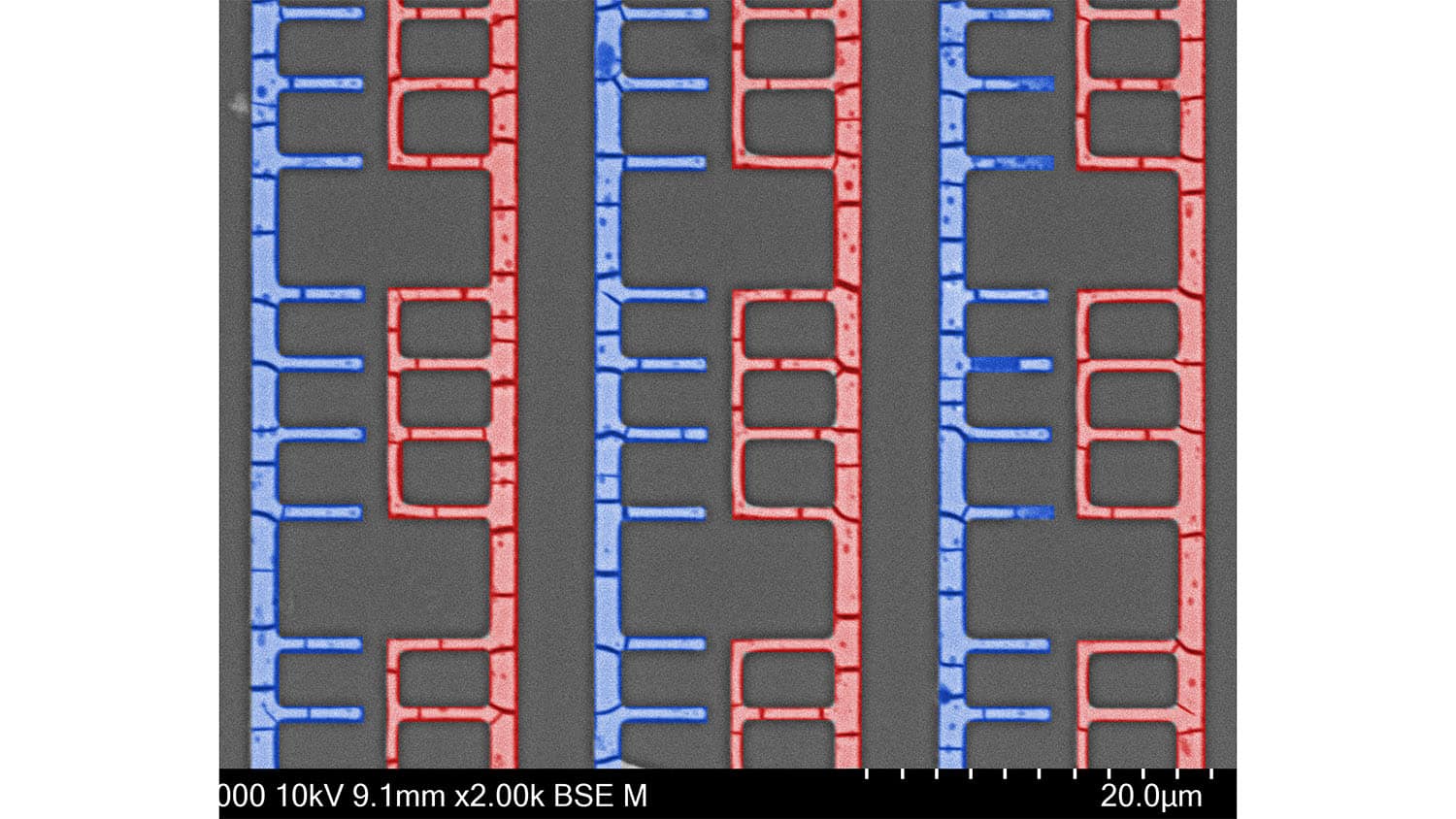
Researchers Demonstrate Self-Assembling Electronics

Garden Produce Grown Near Fayetteville Works Fluorochemical Plant Contains GenX, Other PFAS
